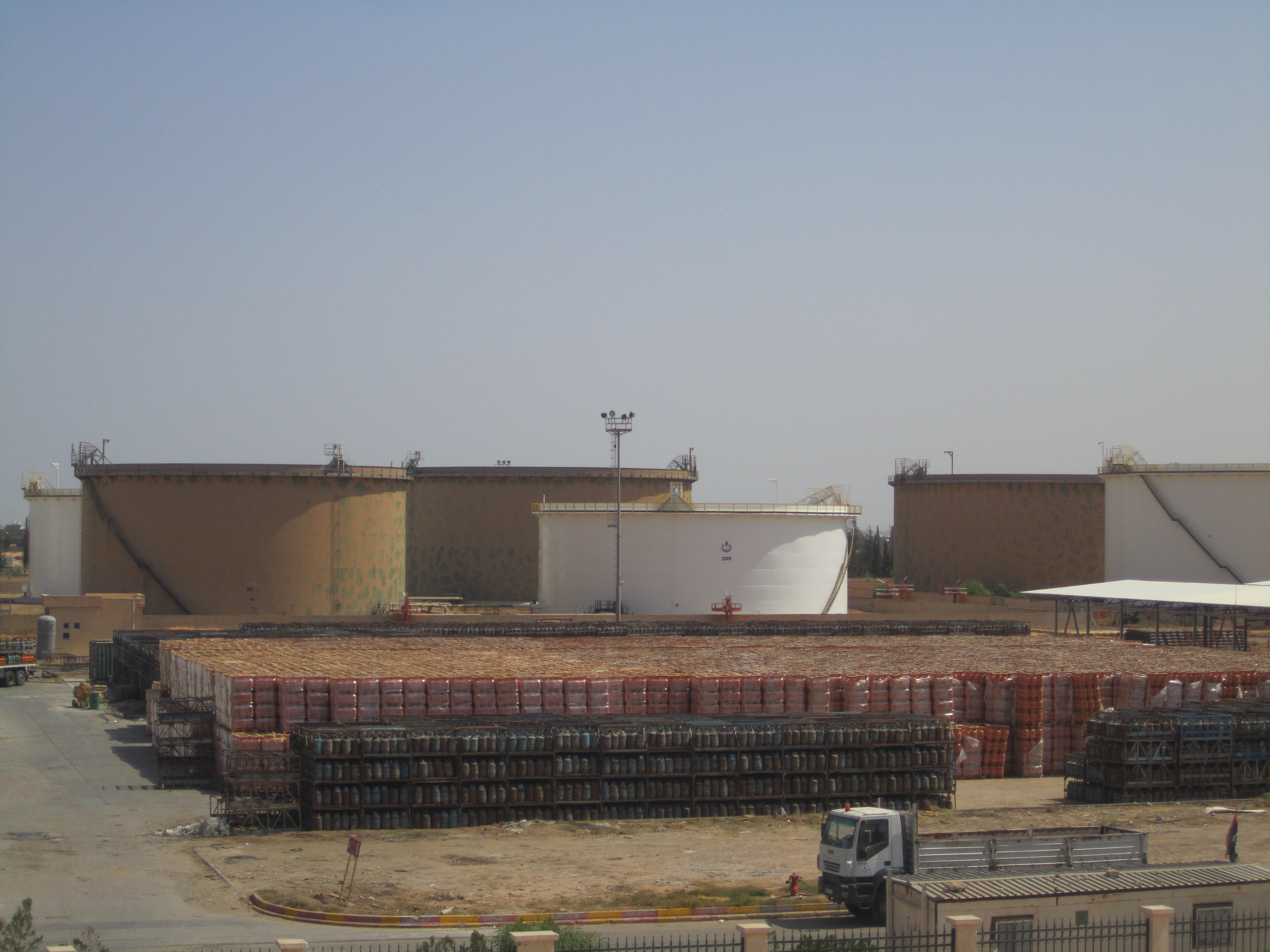By Tom Westcott and Ahmed Elumami.

Tripoli, 15 September 2013:
There are reports that the country’s oil and gas terminals will reopen tomorrow . . .[restrict]after negotiations in Ajdabiya this weekend.
A statement from the Political Bureau of Cyrenaica (PBC), the executive committee of the self-proclaimed Cyrenaica Council, says that an agreement was reached with the government and that all the export terminals in the east would be reopened, subject to a number of conditions.
The Political Bureau is headed by Ibrahim Jadhran, who was sacked by the government as a commander of the Petroleum Facilities Guard but who retains the support of members in eastern Libya. He was elected head of the bureau at a meeting of the Cyrenaica Council in August, during which it said that it would escalate the disruption of oil production and exports in the east of the country if its demands for federalism were not accepted.
The conditions now listed by the bureau include the repeated demand that the National Oil Corporation and Libya Airlines Company be returned to Benghazi, a demand that the government has conceded but not implemented. Added to this is the creation of a collective Chief of Staff rather than appointing an individual to the post, and the abolition of the post of Grand Mufti and establishment of three Dar Al-Fatwa offices run by local scholars, one each for Tripolitania, Cyrenaica and Fezzan.
The other main demand is for the formation of a committee of experts and technicians to address alleged corruption within the oil export industry and establish administrative and financial monitoring of exports at all ports. A legal team, it said, should also be formed to deal with the issue of oil smuggling.
A spokesperson for the Petroleum Facilities Guard, which has been staging strikes at the country’s oil and gas fields and terminals for nearly two months, told the Libya Herald that illegal oil exports had been one of the main reasons behind the strikes.
There was a lack of either proper procedures to prevent these or conclusive investigations into illegal exports, he said. “These strikes are political,” he said, denying that they had anything to do with pay or working conditions, which had been widely understood to be the cause. “It is nothing to do with wages,” he said, “everyone has been paid.”
The strikes were now being called off, he said, following successful negotiations, adding that protestors had left most of the terminals.
“Zuitina is almost sorted as well and the only two terminals where there are still strikes are Ras Lanuf and Sidra,” he said. He added that negotiations were ongoing and he believed that an agreement would soon be reached.
The Deputy Minister of Oil and Gas, Omar Shakmak, told the Libya Herald that he heard about this only “as a ordinary Libyan citizen.” He added that the Ministry itself was only dealing with “the technical manufacturing, exporting and importing matters”.
The PBC’s demand for three separate Dar Al-Fatwa organisations and not a single Mufti “who has a policy of a particular party”, as the statement put it, is seen as an attack on the present Grand Mufti, Sheikh Sadek Al-Ghariani who is staunchly opposed to federalism. [/restrict]









